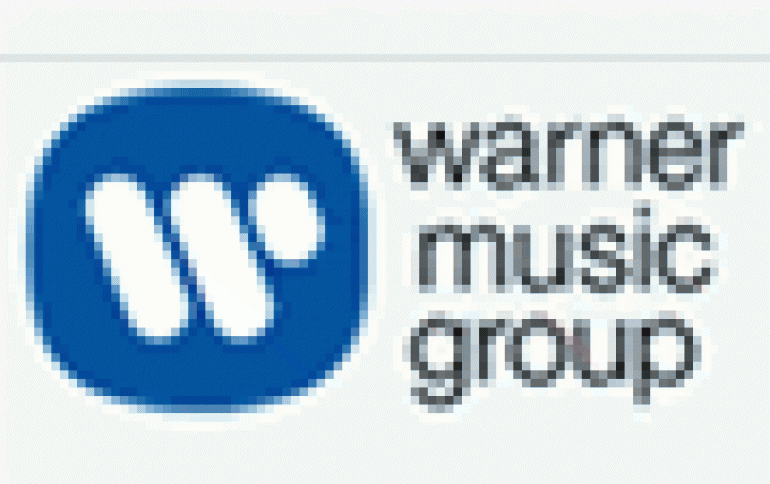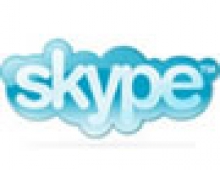
Warner Music readies CD-free 'e-label'
Warner Music Group plans to create a new music-distribution mechanism that will rely on digital downloads instead of compact discs.
Accoprding to Warner, the new mechanism will be called an "e-label," in which artists will release music in clusters of three songs every few months rather than a CD every few years.
"We're trying to experiment with a new business model," told Warner Music's CEO at a Progress & Freedom Foundation conference. "We're going to try to see where this goes."
Warner Music's move seems to be a response to the exploding popularity of music-download services and the slowly slipping sales of physical CDs. According to the International Federation of the Phonographic Industry, about 180 million songs were sold online in the first half of 2005, up from 57 million in the same period last year. Apple Computer's iTunes recently passed 500 million downloads.
The e-label will permit recording artists to enjoy a "supportive, lower-risk environment" without as much pressure for huge commercial hits. In addition, artists signed to the e-label will retain copyright and ownership of their master recordings.
Warner Music's CEO also took a few swipes at the technology industry while praising the U.S. Supreme Court's recent decision in the Grokster file-swapping lawsuit. It will "inspire further technological innovation and will accelerate the growth of legitimate digital music services," he said.
He said he didn't support government interference in "what should be normal fair-market mechanisms," but praised mandatory requirements designed to filter pirated material from peer-to-peer networks and levies such as Canada's proposal, currently on hold, to tax iPods.
"We like government levies when they benefit us," Bronfman said. "I would like none of the legislators in France, for instance, to say they should no longer pay us a levy for all the blank CDs that are being sold, (though) it doesn't make up for the revenue that we're losing... If the government mandated filtering technologies, we'd be delighted."
"We're trying to experiment with a new business model," told Warner Music's CEO at a Progress & Freedom Foundation conference. "We're going to try to see where this goes."
Warner Music's move seems to be a response to the exploding popularity of music-download services and the slowly slipping sales of physical CDs. According to the International Federation of the Phonographic Industry, about 180 million songs were sold online in the first half of 2005, up from 57 million in the same period last year. Apple Computer's iTunes recently passed 500 million downloads.
The e-label will permit recording artists to enjoy a "supportive, lower-risk environment" without as much pressure for huge commercial hits. In addition, artists signed to the e-label will retain copyright and ownership of their master recordings.
Warner Music's CEO also took a few swipes at the technology industry while praising the U.S. Supreme Court's recent decision in the Grokster file-swapping lawsuit. It will "inspire further technological innovation and will accelerate the growth of legitimate digital music services," he said.
He said he didn't support government interference in "what should be normal fair-market mechanisms," but praised mandatory requirements designed to filter pirated material from peer-to-peer networks and levies such as Canada's proposal, currently on hold, to tax iPods.
"We like government levies when they benefit us," Bronfman said. "I would like none of the legislators in France, for instance, to say they should no longer pay us a levy for all the blank CDs that are being sold, (though) it doesn't make up for the revenue that we're losing... If the government mandated filtering technologies, we'd be delighted."

















